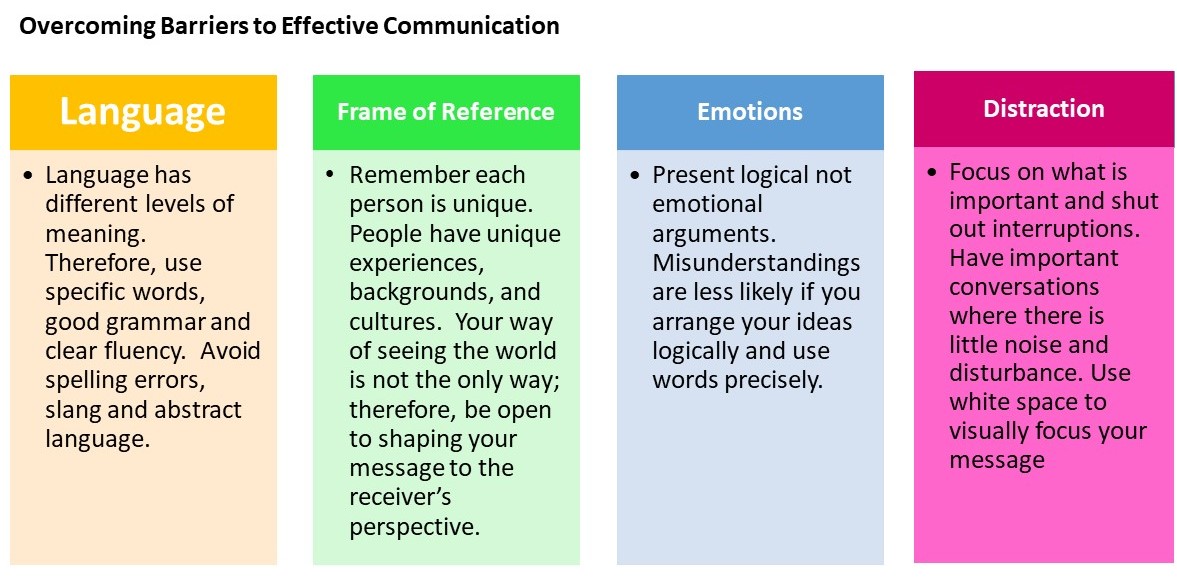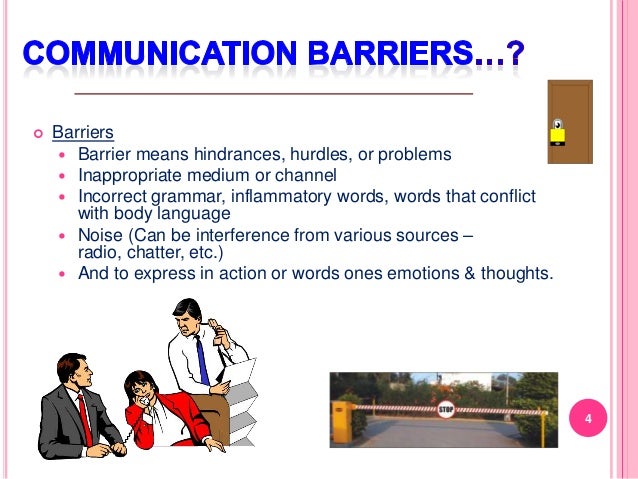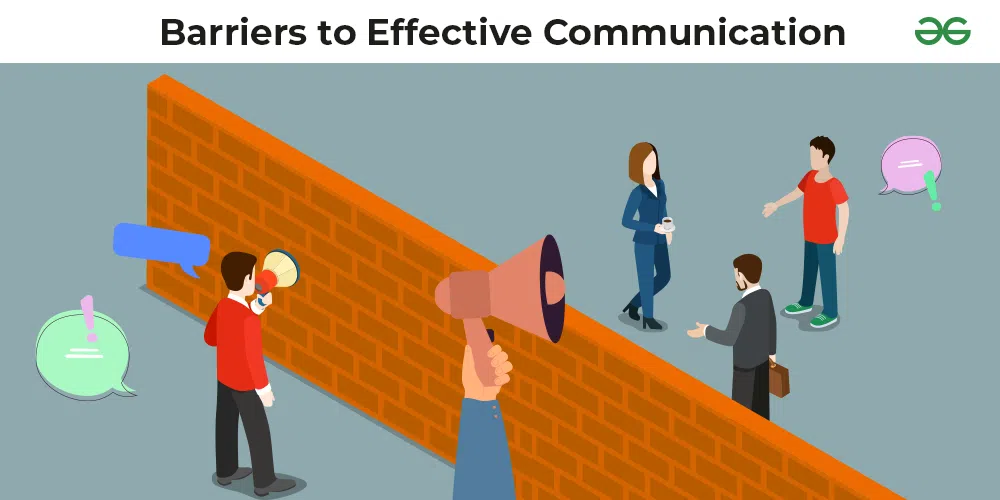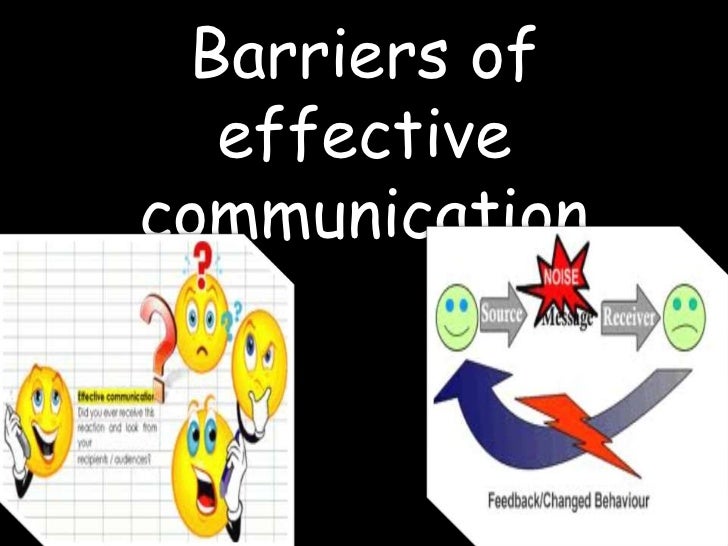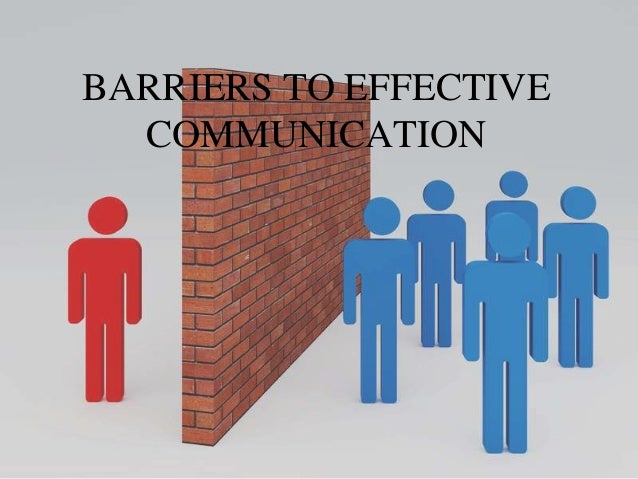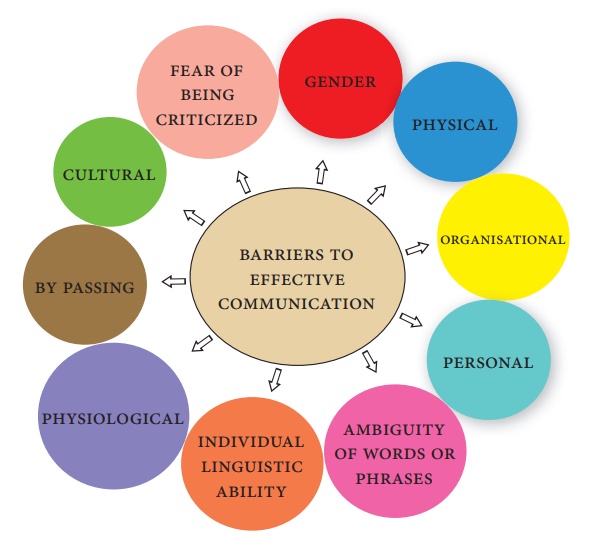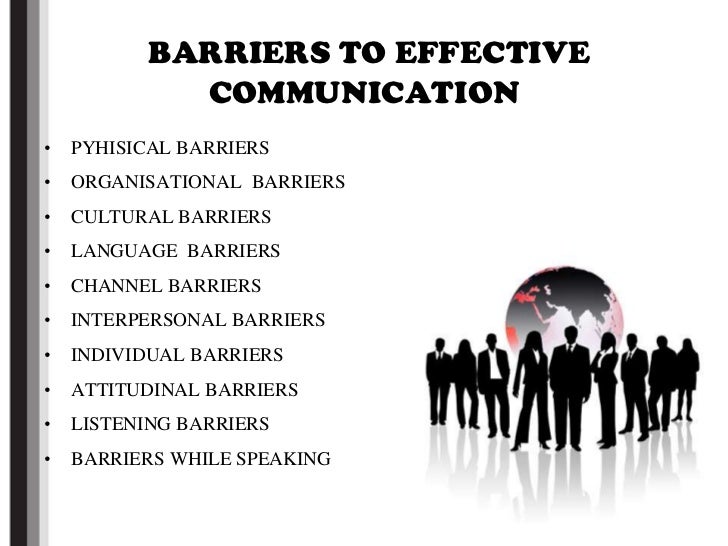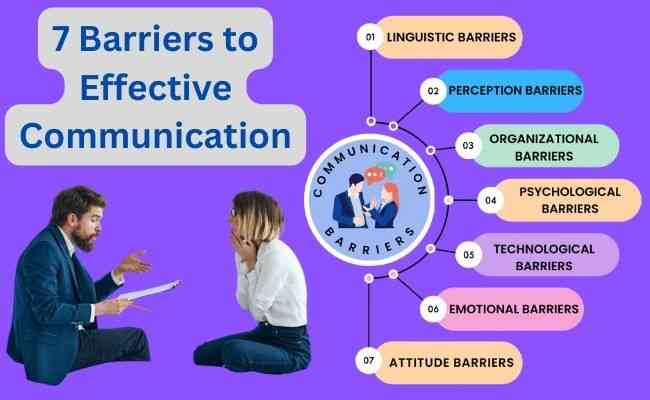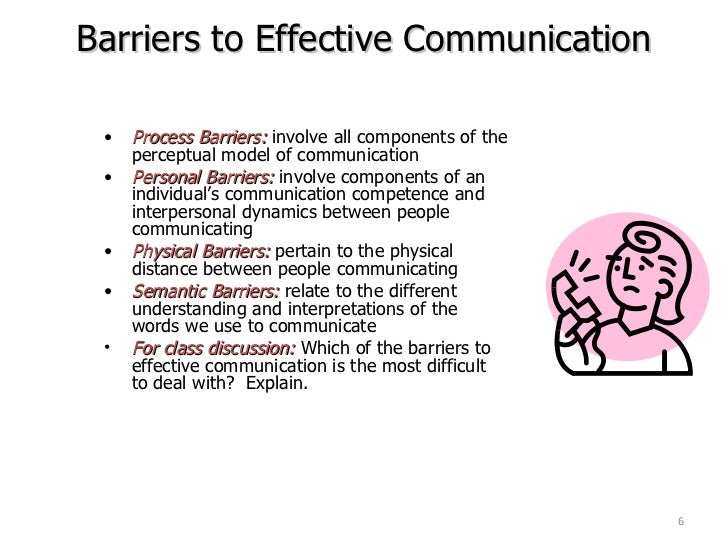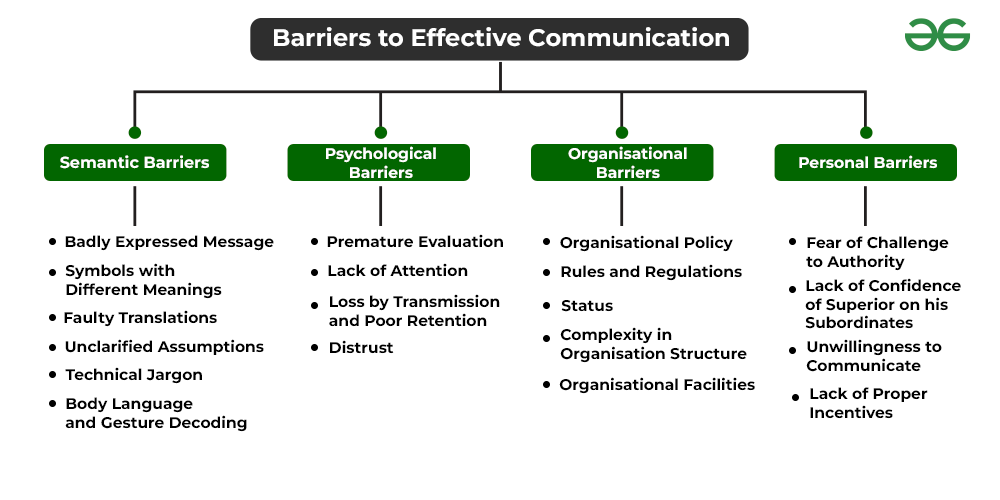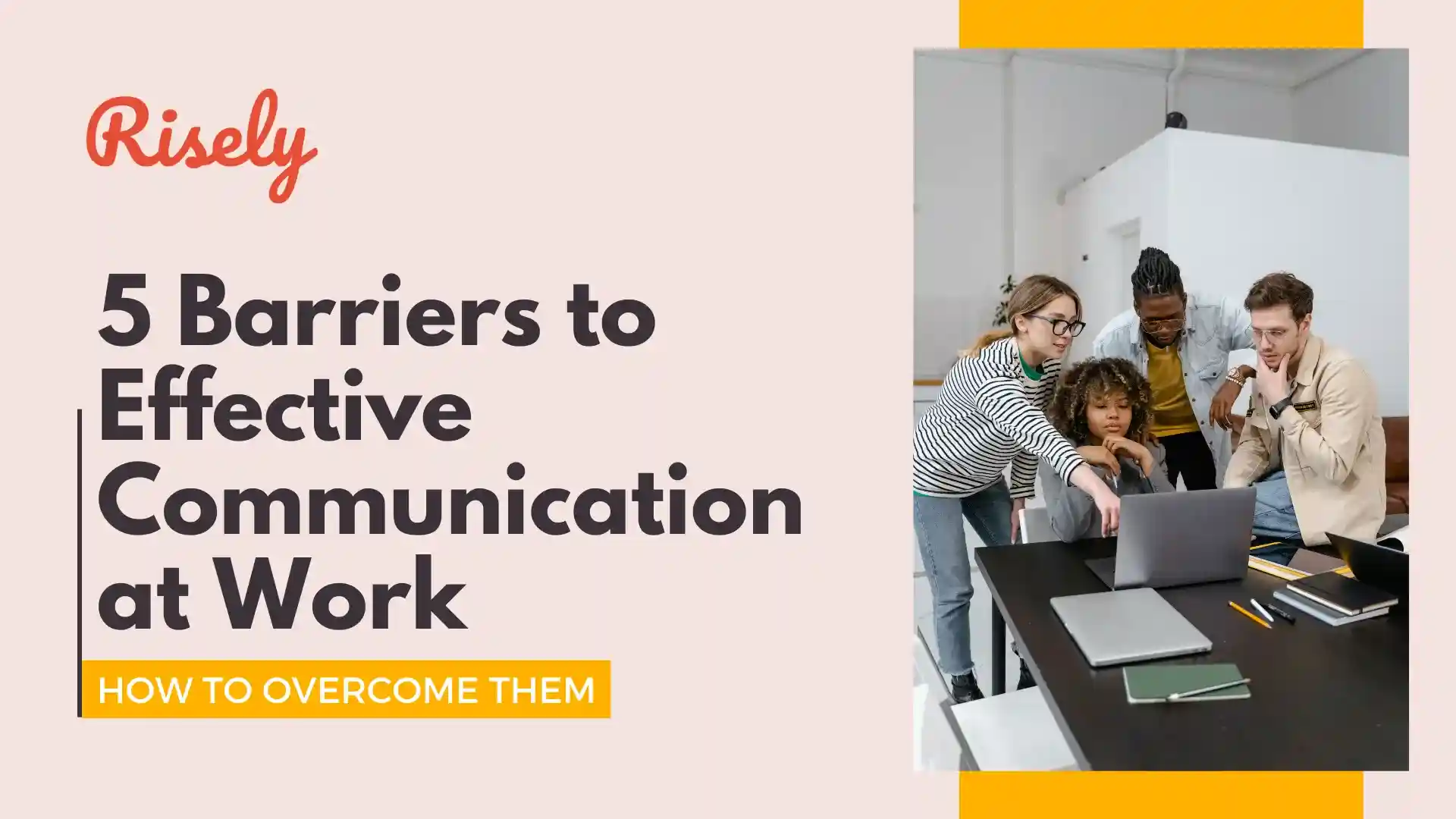How Does Prejudice Set Up A Barrier To Effective Communication
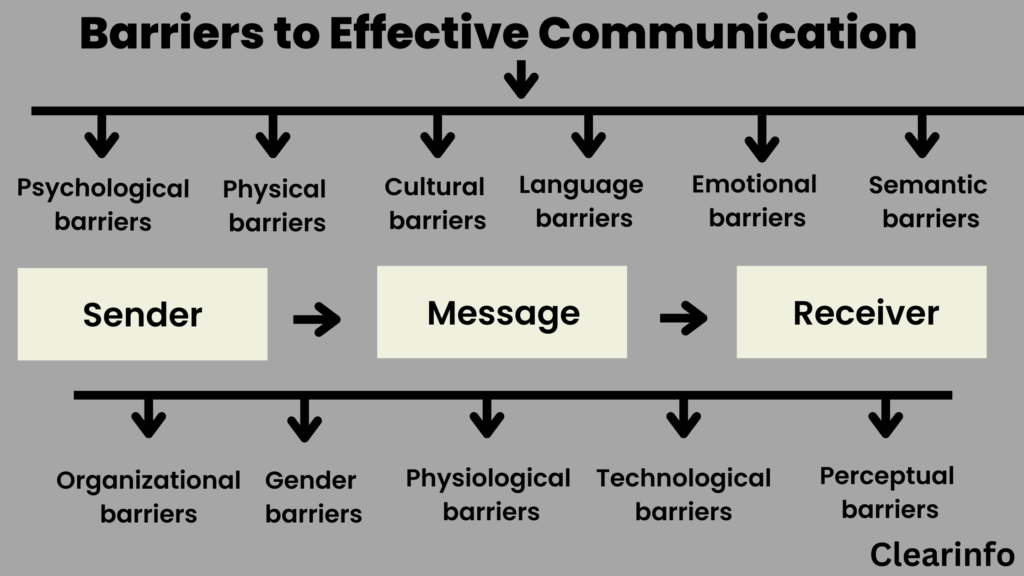
In an increasingly interconnected world, effective communication is paramount for collaboration, understanding, and progress. However, deeply ingrained prejudices act as formidable barriers, hindering meaningful dialogue and perpetuating misunderstandings between individuals and groups.
Prejudice, in its various forms, significantly impacts how individuals perceive, interpret, and respond to messages, thereby creating communication breakdowns. This article explores the multifaceted ways in which prejudice erects obstacles to effective communication, examining its roots and potential consequences.
The Nature of Prejudice and its Impact
At its core, prejudice is a preconceived judgment or opinion, often negative, formed without adequate knowledge or reason. These biases can be based on race, ethnicity, religion, gender, sexual orientation, socioeconomic status, or any other group affiliation.
The American Psychological Association defines prejudice as "a negative attitude toward a person or group prior to actual experience with that person or group." This predisposition can lead to biased communication patterns.
One of the primary ways prejudice hinders communication is through selective perception. Individuals holding prejudiced views tend to selectively attend to information that confirms their existing beliefs, while ignoring or dismissing contradictory evidence.
This confirmation bias distorts the communication process, preventing open and honest exchange. It leads to misinterpretations and reinforces prejudiced attitudes.
Communication Breakdown: How Prejudice Manifests
Prejudice often manifests in subtle yet damaging ways during communication. These can include using derogatory language, making assumptions based on stereotypes, or engaging in microaggressions.
Microaggressions, according to Dr. Derald Wing Sue, a professor of psychology at Columbia University, are "brief and commonplace daily verbal, behavioral, or environmental indignities, whether intentional or unintentional, that communicate hostile, derogatory, or negative slights and insults toward any group." These subtle affronts can poison communication and create a hostile environment.
For example, assuming a person's incompetence based on their ethnicity or interrupting someone speaking with a different accent are forms of prejudice that obstruct effective communication. They prevent individuals from fully expressing their thoughts and ideas.
Impact on Trust and Relationships
Prejudice erodes trust between individuals and groups. When people feel judged or discriminated against, they are less likely to engage in open and honest communication. They may become defensive, withdrawn, or even hostile.
According to a study by the Pew Research Center, individuals who experience discrimination are less likely to trust institutions and other people, hindering social cohesion and collaborative efforts.
This lack of trust creates a communication vacuum, where misunderstandings fester and relationships deteriorate.
“When individuals are constantly on guard against potential bias, genuine connection becomes nearly impossible,”notes Dr. Sarah Jones, a sociologist specializing in intergroup relations.
Impact on Organizational Communication
In professional settings, prejudice can significantly impact organizational communication and productivity. Biased hiring practices, discriminatory promotion policies, and unequal treatment of employees based on prejudice can create a toxic work environment.
When employees feel undervalued or excluded, their motivation and engagement decrease, leading to decreased productivity and innovation. Poor communication, fueled by prejudice, can also lead to conflicts, misunderstandings, and legal challenges.
A report by McKinsey & Company found that companies with diverse workforces perform better financially. This highlights the importance of fostering inclusive communication practices that combat prejudice and promote equity.
Overcoming Prejudice in Communication
Addressing prejudice in communication requires a multi-faceted approach. Education and awareness are essential first steps. Understanding the historical roots of prejudice and its contemporary manifestations is crucial for challenging ingrained biases.
Active listening and empathy are also critical skills for effective communication. Actively listening to others, seeking to understand their perspectives, and acknowledging their experiences can help bridge divides and build trust. Encouraging intergroup dialogue can foster understanding.
Additionally, promoting diversity and inclusion initiatives in schools, workplaces, and communities can create environments where prejudice is actively challenged and positive intergroup relations are fostered. Holding individuals accountable for their words and actions is necessary to ensure a safe and respectful communication environment.
Ultimately, overcoming prejudice in communication requires a commitment to continuous self-reflection, education, and action. By actively challenging our own biases and promoting inclusive communication practices, we can create a more equitable and harmonious society.



